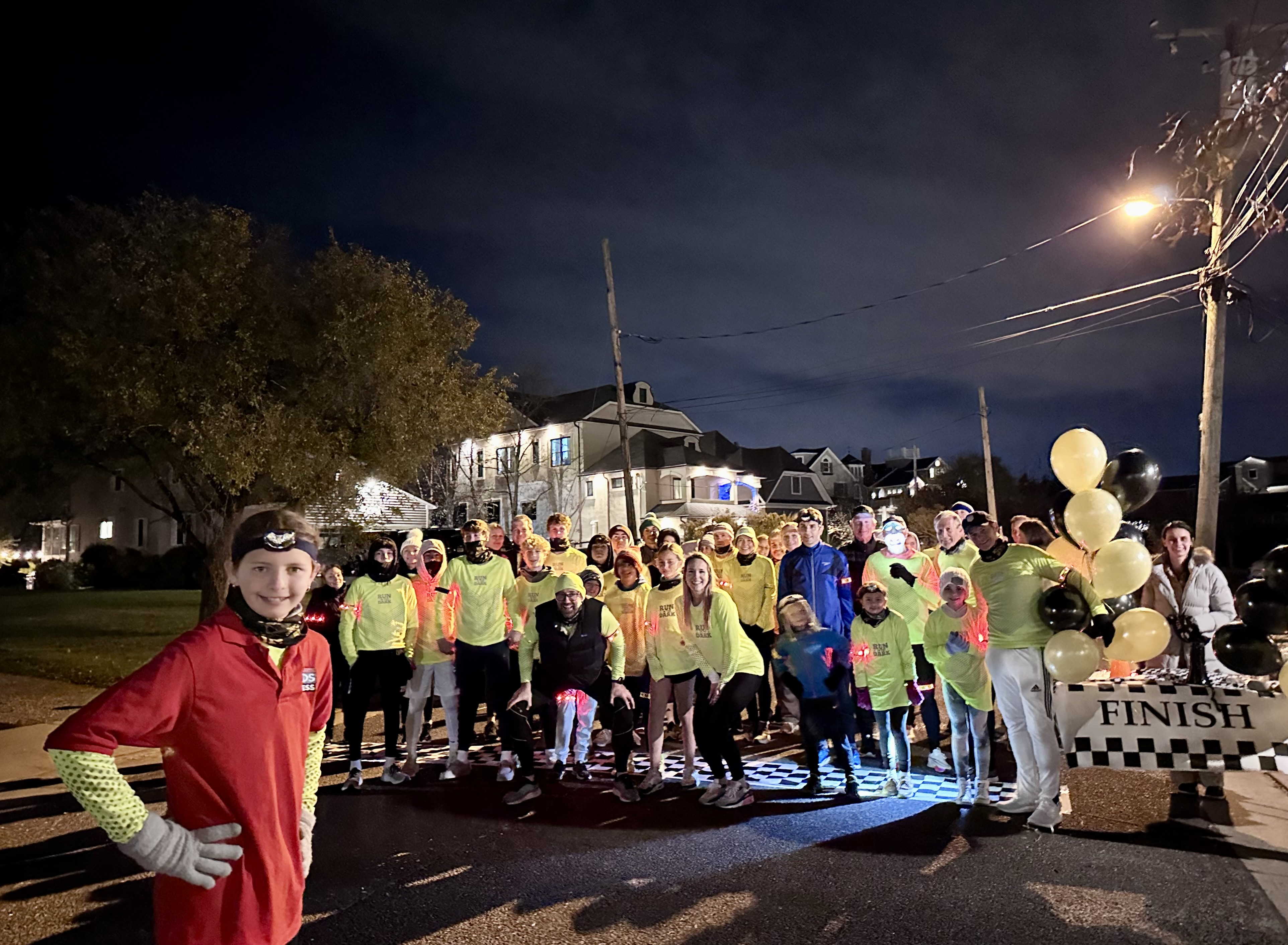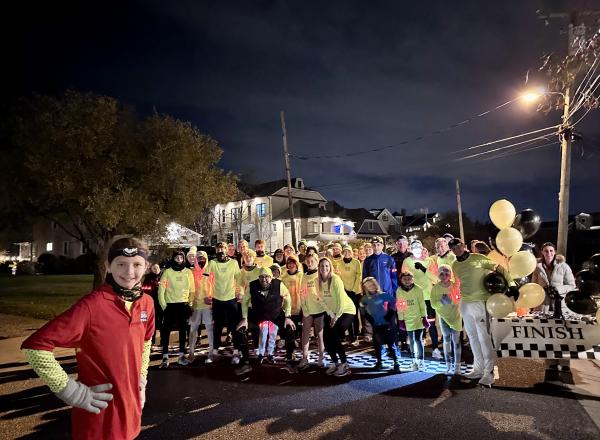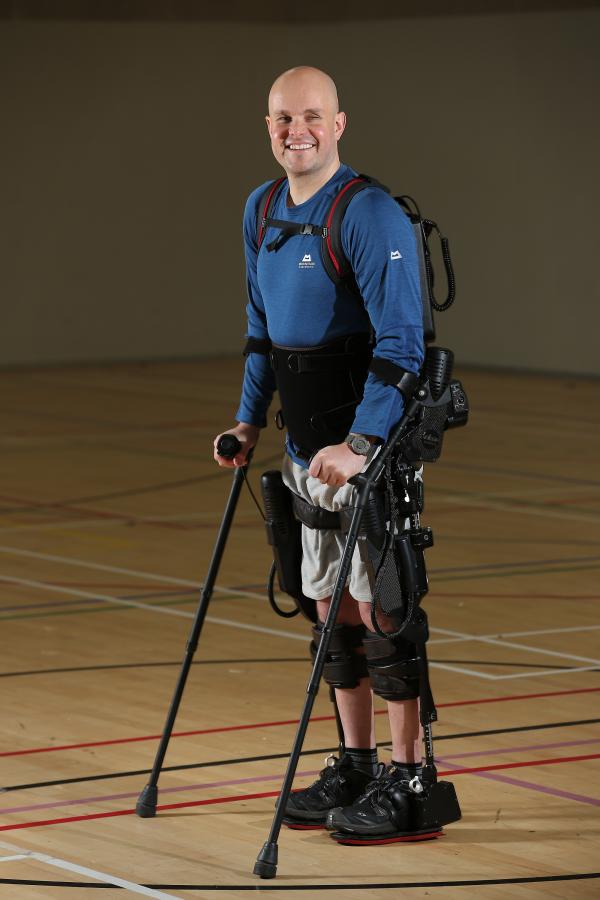KID REPORTERS’ NOTEBOOK
“Run in the Dark” Contributes to Paralysis Research


Mika at a “Run in the Dark” event in her New Jersey community in 2023
Every November, more than 25,000 runners around the world strap on flashing armbands and layers of reflective gear. As night falls on the designated race day, participants begin their race to the finish line. Their larger goal is to fund a cure for paralysis.
This year, “Run in the Dark” will hold its 15th annual fundraising event. After starting small, the organization has become increasingly popular over the years. Runs take place in about 50 cities worldwide, from San Francisco, California, to Sydney, Australia.
Runners have the option to participate in either a 5K (3.1 miles) or 10K (6.21 miles) race. I have participated in several 5K runs in my home state of New Jersey.
Fundraising through Run in the Dark helps to support the group’s charity partner, Collaborative Cures. That organization’s mission is to bring people together to raise funds for paralysis research. Around the world, more than 60 million people have some form of paralysis.
In the past decade, Collaborative Cures has helped accelerate research projects worth more than $100 million. Scientists have made important breakthroughs in robotics and neuromodulation, a therapy that uses technology to change the way the nervous system functions.

Since suffering a tragic accident, Mark Pollock has sought to accelerate a cure for paralysis.
CONFRONTING CHALLENGES
Run in the Dark was founded to help Mark Pollock, who was born in Ireland. Despite losing vision in both of his eyes, Pollock became a championship rower and runner. He was the first visually impaired person to race to the South Pole.
In 2010, a tragic accident left Pollock paralyzed. He has since sought to accelerate a cure for paralysis. Run in the Dark is a key fundraiser for that effort.
Pollock, who has degrees in business and economics, is also an author and a motivational speaker. He encourages others to build resilience and collaborate more effectively so that they can achieve more than they had thought possible.
In a recent conversation via video, Pollock told me that facing challenges is part of life. But, he added, the goal should be to focus on overcoming those challenges.
“Sometimes, we choose our challenges, and sometimes, challenges choose us,” Pollock said. “The important part is what we decide to do about them. Focus on the decisions. Focus on what you can control, rather than the fact that a challenge has appeared.”
Run in the Dark will be held on November 13 this year. If you’d like to participate, look for information online.
